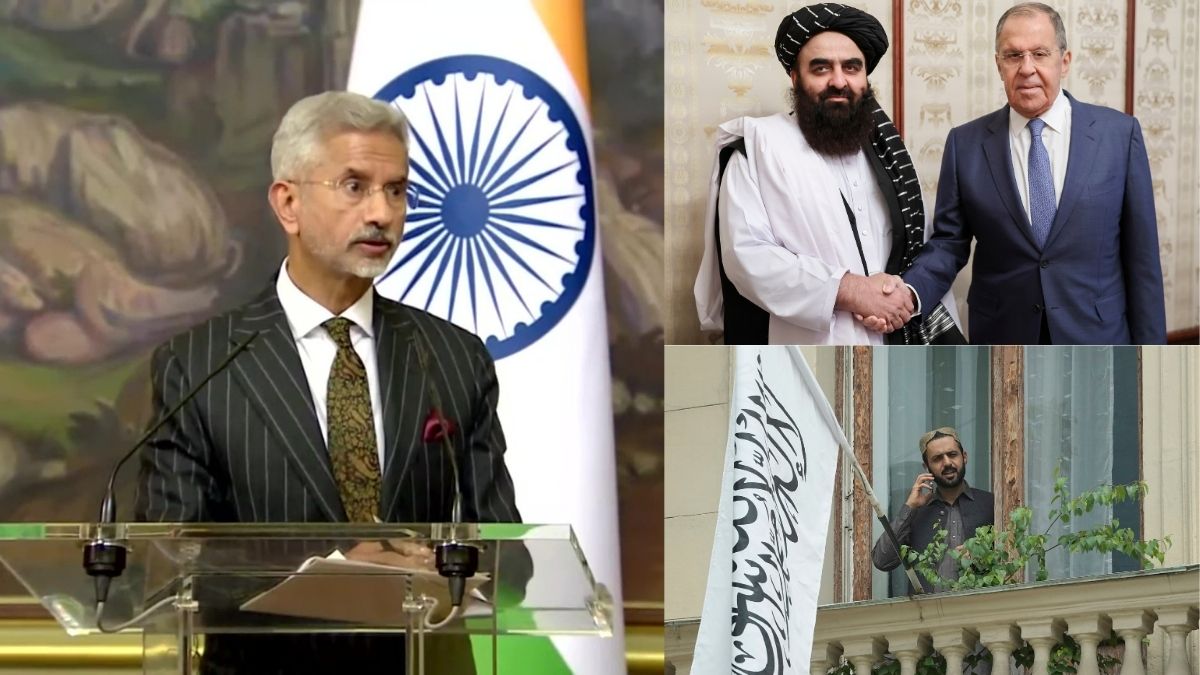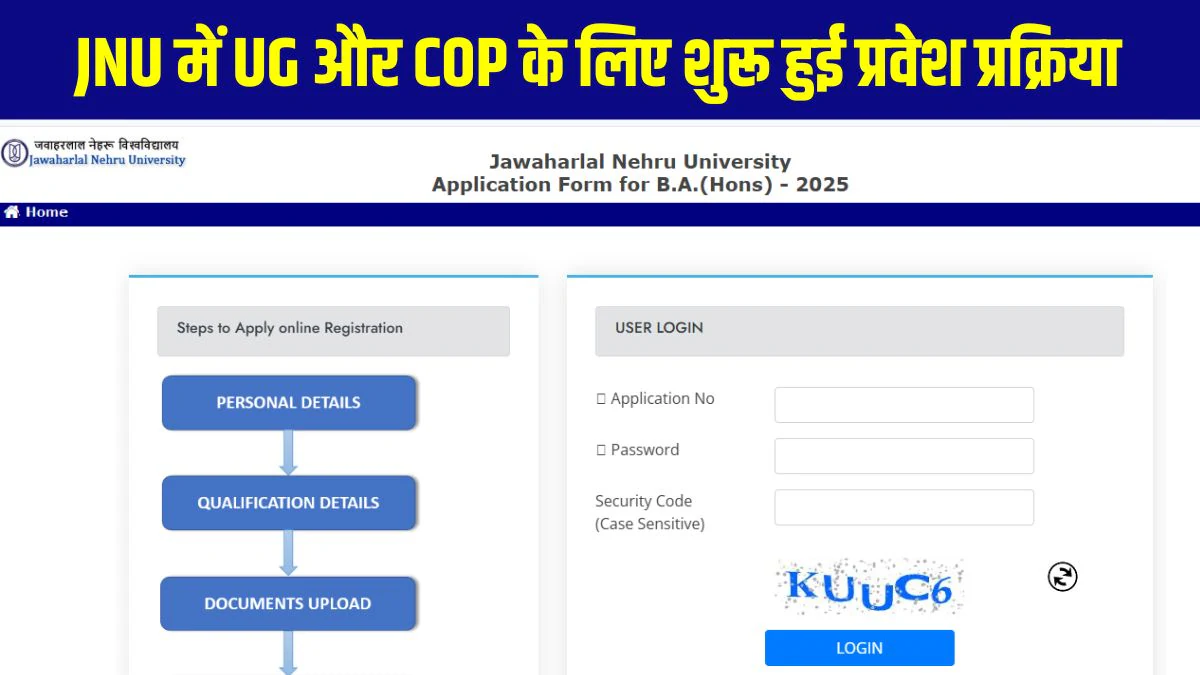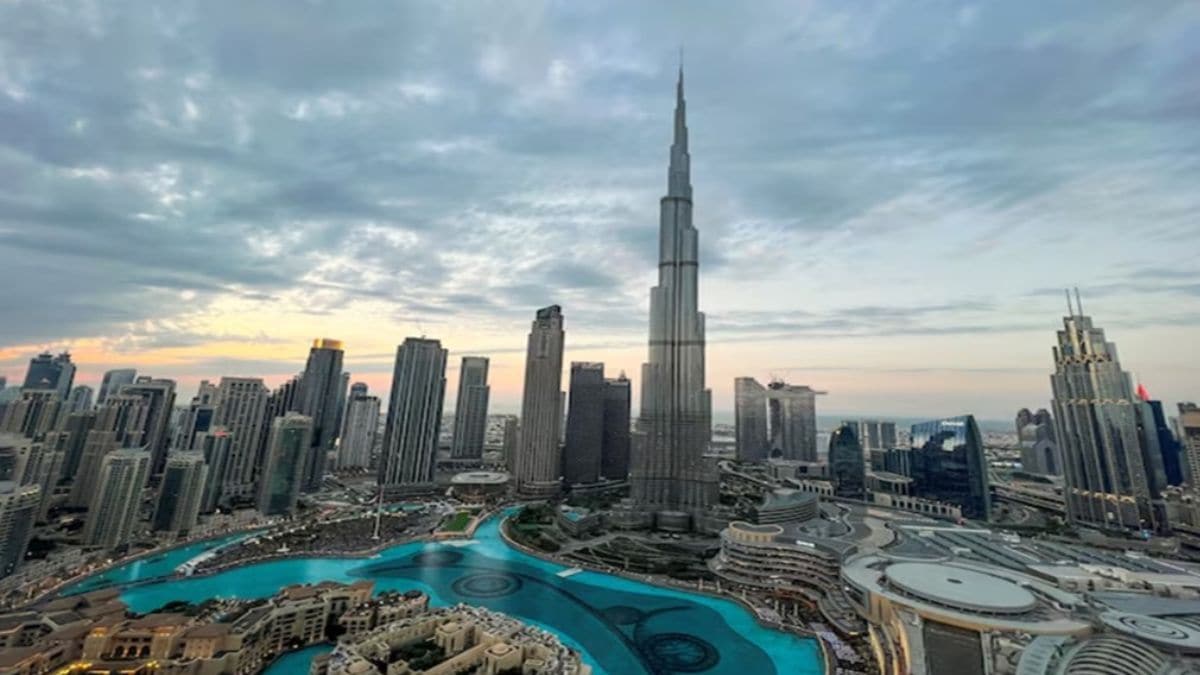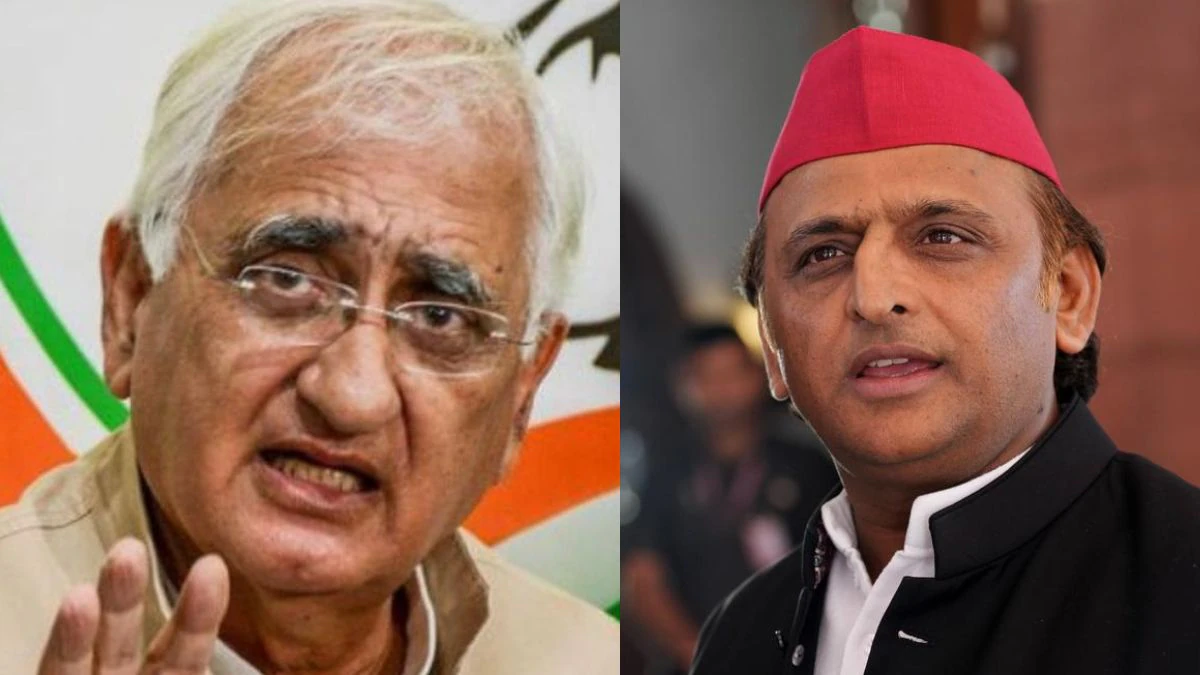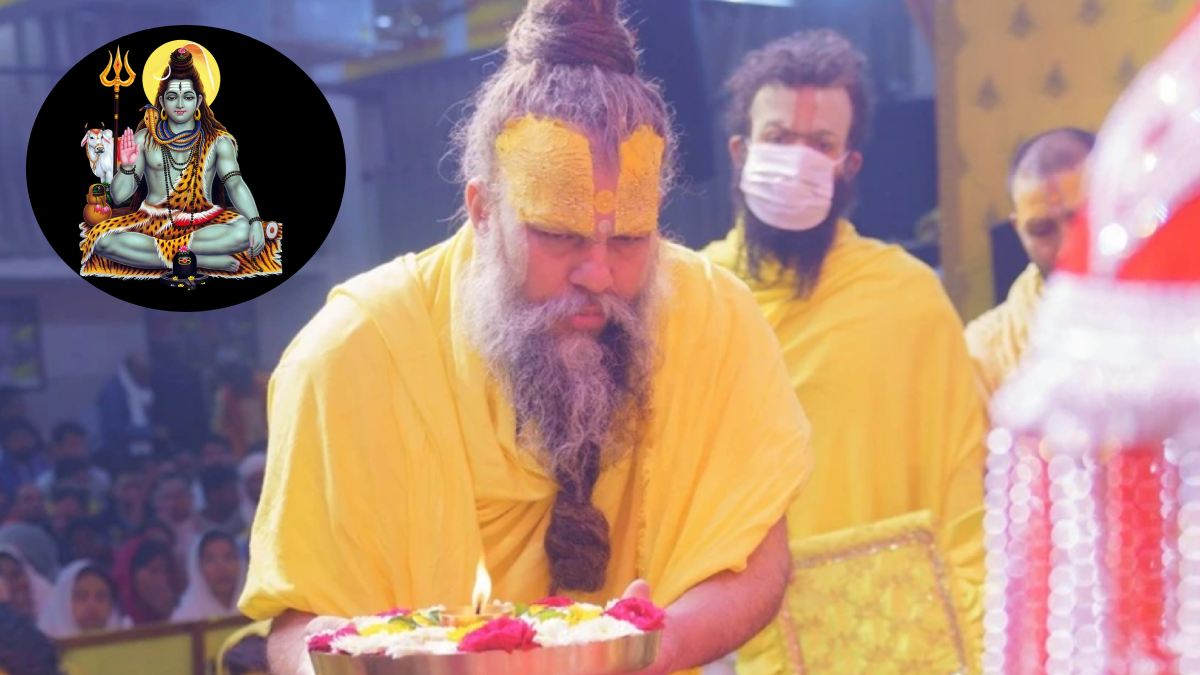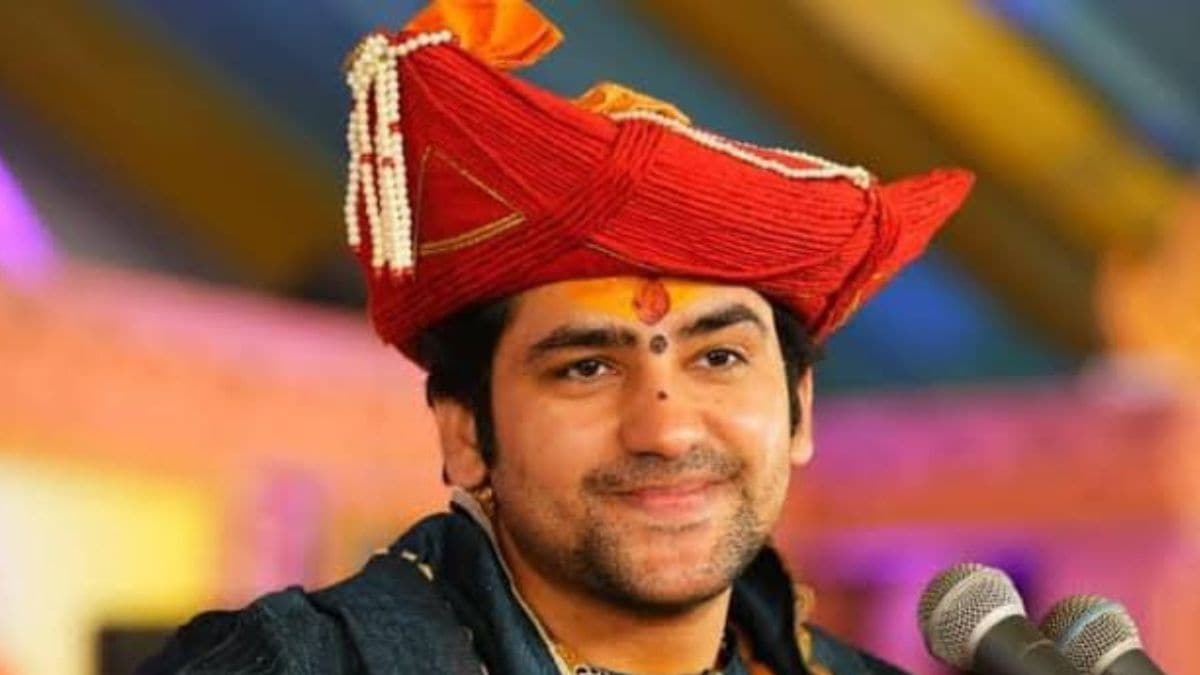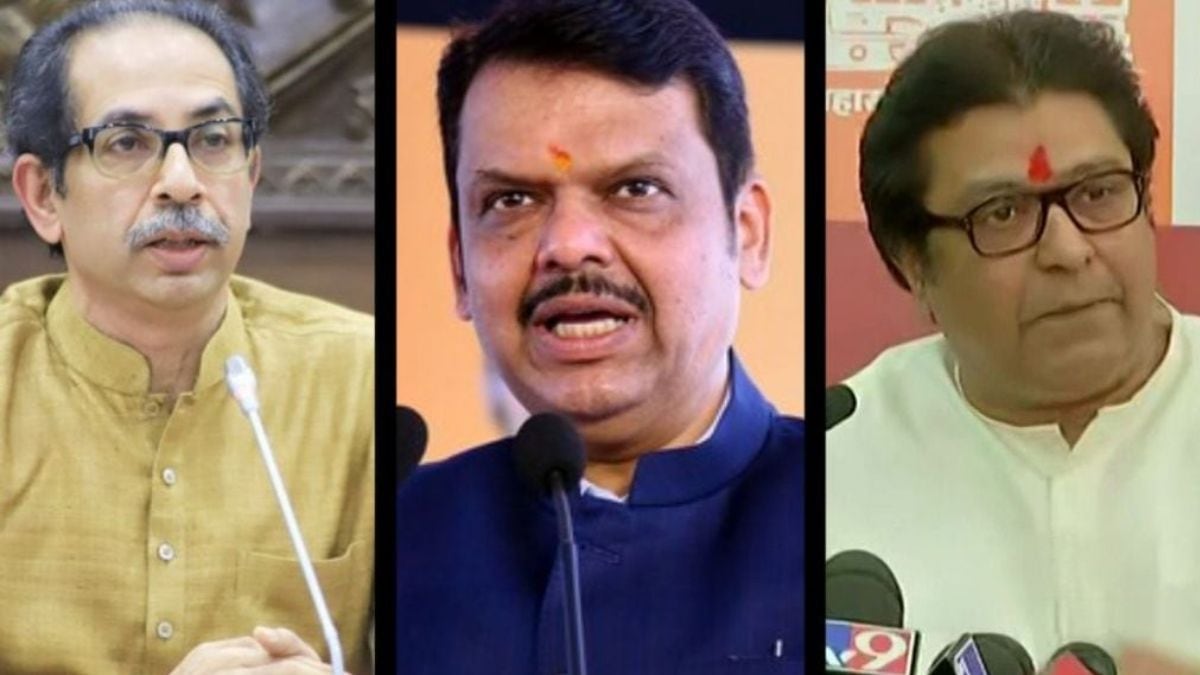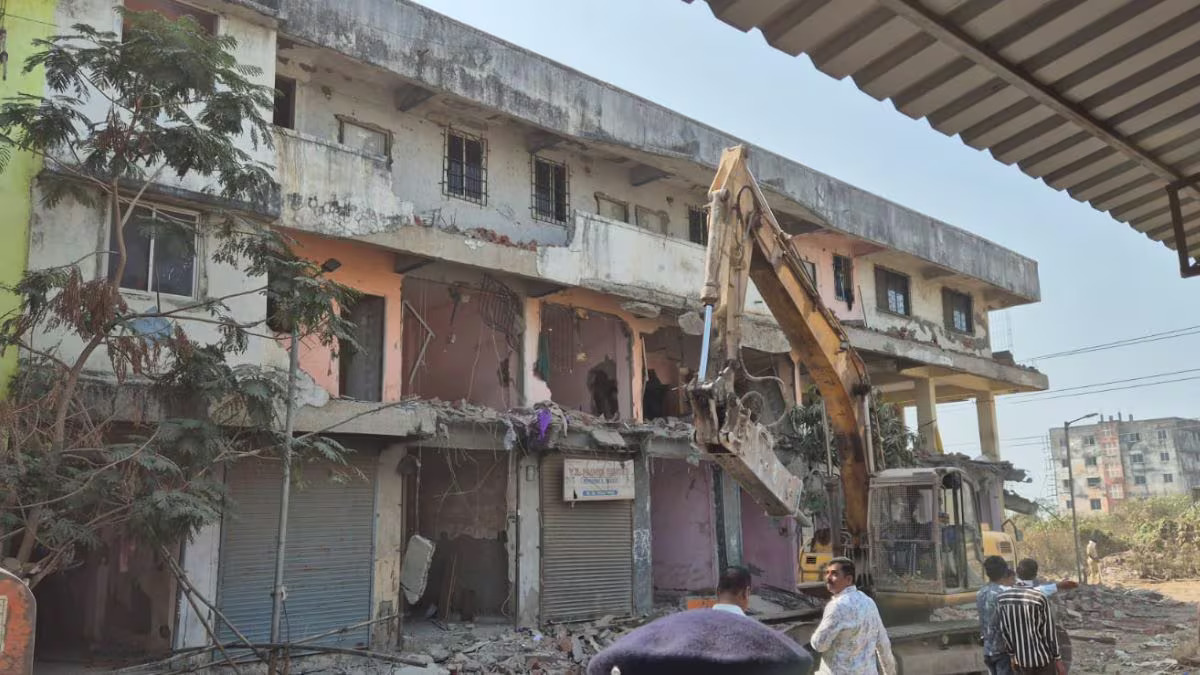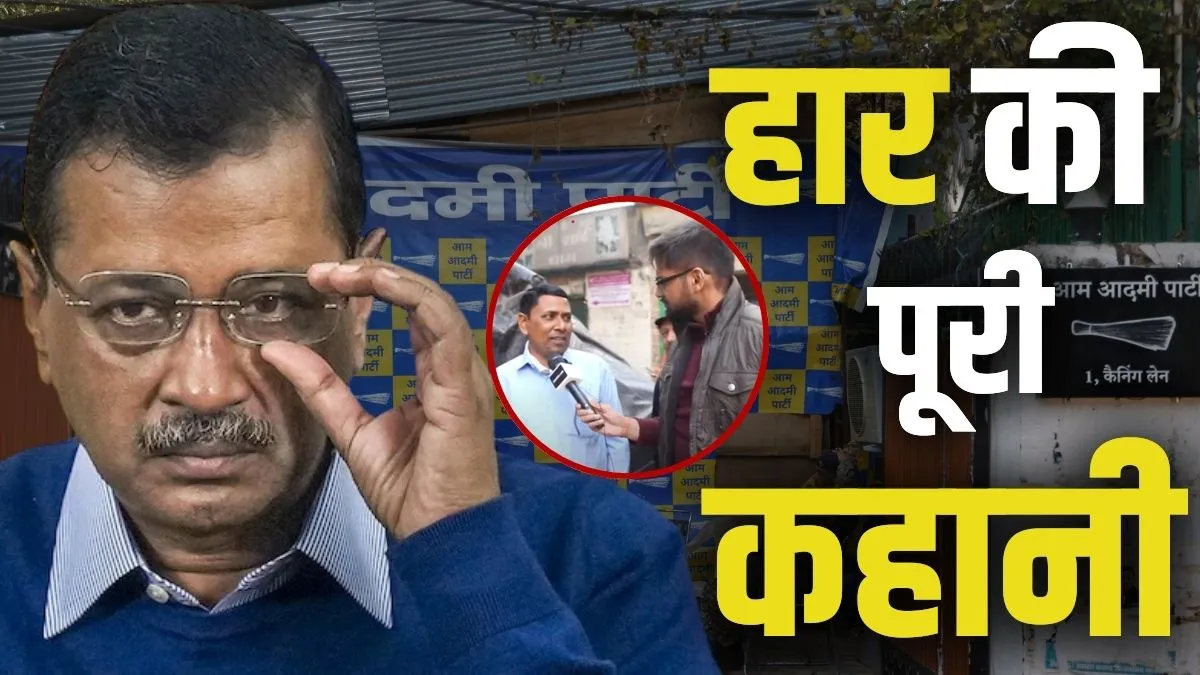AMID A series of temple-mosque disputes, with several suits pending before various courts, Uttar Pradesh Chief Minister Yogi Adityanath said on Friday that any disputed structure should not be called a mosque.
“Kisi bhi vivadit dhaanche ko masjid nahi bolna chahiye. Hum jis din masjid bolna bandh kar denge, uss din log jaana bhi bandh kar denge. Waise bhi yeh Islam ke sidhhanto ke khilaaf hai ki kisi ki bhi aastha ko thais pahuncha kar wahan masjid-numa dhaancha khada kar diya ho, aise sthaan par kisi prakaar ki hone waali ibaadat Khuda ko bhi manzoor nahi hoti hai. Islam me upasana ke liye structure ki zaroorat nahi hai, jab ki yeh Sanatan Dharma me hai,” he said.
(“Any disputed structure should not be called a mosque. The day we stop calling it a mosque, people will stop going there. Hurting anyone’s faith by constructing a mosque-like structure does not align with Islamic principles, worship at such sites is not acceptable to God too. Islam does not mandate the construction of a structure for worship, but Sanatan Dharma does.”)
Adityanath was speaking at an event hosted by Aaj Tak in Mahakumbh Nagar, Prayagraj. His remarks come at a time when the Supreme Court has barred civil courts across the country from registering fresh suits challenging the ownership and title of any place of worship, and from ordering surveys of disputed religious places until further orders. Petititons relating to the Places of Worship Act are also before the Supreme Court.
“Sanatanis go to temples for worship, (this is not so) for Islamic practices. Therefore, it is unnecessary and counter-productive to insist on calling any structure a mosque. This is a time to embrace the vision of a new India and move forward with progressive thinking. We must focus on building unity and harmony instead of clinging to disputes of the past,” he said.
Responding to claims of the Maha Kumbh being held on Waqf Board land, Adityanath said the event was being held at the site in Prayagraj for thousands of years now. “If someone now calls this land Waqf Board property, we must ask whether it belongs to the Waqf Board or land mafia,” he said, adding that such “malicious tendencies” need to be curbed.
“We will put an end to this,” he said, warning that those who come to the Maha Kumbh with the intention of “claiming the land” would face “denting-painting”. “Those who claim this land as theirs and seek to occupy it may face consequences, including corrective action,” he said.
Adityanath elaborated on recent amendments, requiring a thorough review of land records dating back to 1363 Fasli, for any property claimed by the Waqf Board. “If the term ‘Waqf’ appears, we examine the original ownership and take steps to reclaim the land. Public-use properties, lands of holy places associated with Hindu faith, or government-owned land will not be allowed to fall into the hands of any so-called land mafia boards,” he asserted.
On the issue of the Jama Masjid in Sambhal, Adityanath pointed to discrepancies in claims regarding land ownership. “There are assertions that more land than the entire Sambhal district belongs to the Waqf Board, which is absurd. In the Puranas… Sambhal was prophesied as the birthplace of Kalki, the tenth incarnation of Lord Vishnu. Everything in Sambhal today is rooted in Sanatan Dharma. Five thousand years ago, there was no Islam on this earth, so how could there be a mention of Jama Masjid in that era,” he said.
“The Ain-i-Akbari mentions that in 1526, the Jama Masjid structure was erected by demolishing a Shri Hari Vishnu temple. This mistake should be acknowledged, and the land should be voluntarily returned. This country will not function under the mindset of the Muslim League, but in alignment with the faith and cultural ethos of India,” he said.
“There is both scriptural evidence and evidence of faith regarding such matters. I believe the issue should not require judicial intervention. Instead, it would be more appropriate for the followers of Islam to voluntarily and respectfully acknowledge the truth and extend a gesture of reconciliation by saying, ‘this is yours’. Such mutual respect is the cornerstone of trust and harmony,” he said.
He said the Ain-i-Akbari also records that in 1528, a structure was built on the Ram Janmabhoomi in Ayodhya after demolishing the temple of Ram Lalla. “If the Hindu community insists on reclaiming these sacred sites, their voices must be heard,” he said.
Regarding the Places of Worship Act, Adityanath said: “I believe the honorable court is examining the matter and will ensure justice. Faith will undoubtedly be respected. India is a nation deeply rooted in faith, and the Maha Kumbh is a testament to that, where devotees from across the country, and the world, gather without any discrimination.”
“By God’s grace, Ram Lalla was installed in Ayodhya a year ago, ending the wait of 500 years; the Maha Kumbh is being held at such an auspicious time after 144 years,” he said.
Saying that people from some northeastern and southern states could not participate in previous Maha Kumbhs, he said: “This time, Maha Kumbh will truly reflect the spirit of Ek Bharat, Shreshtha Bharat, with pilgrims from across the country in attendance.”
Targeting the Opposition, he said: “We never said the BJP had associated itself with the organisation of the Maha Kumbh. Who stopped this faith from reaching new heights? Before 2017, this event was synonymous with filth, and there was chaos. What was the situation of the Maha Kumbh in 2013?”
He claimed that the then Mauritius Prime Minister had come to take a dip in the Ganga, but could not do so because of the disorder and filth.
Stay informed with access to our award-winning journalism.
Avoid misinformation with trusted, accurate reporting.
Make smarter decisions with insights that matter.



